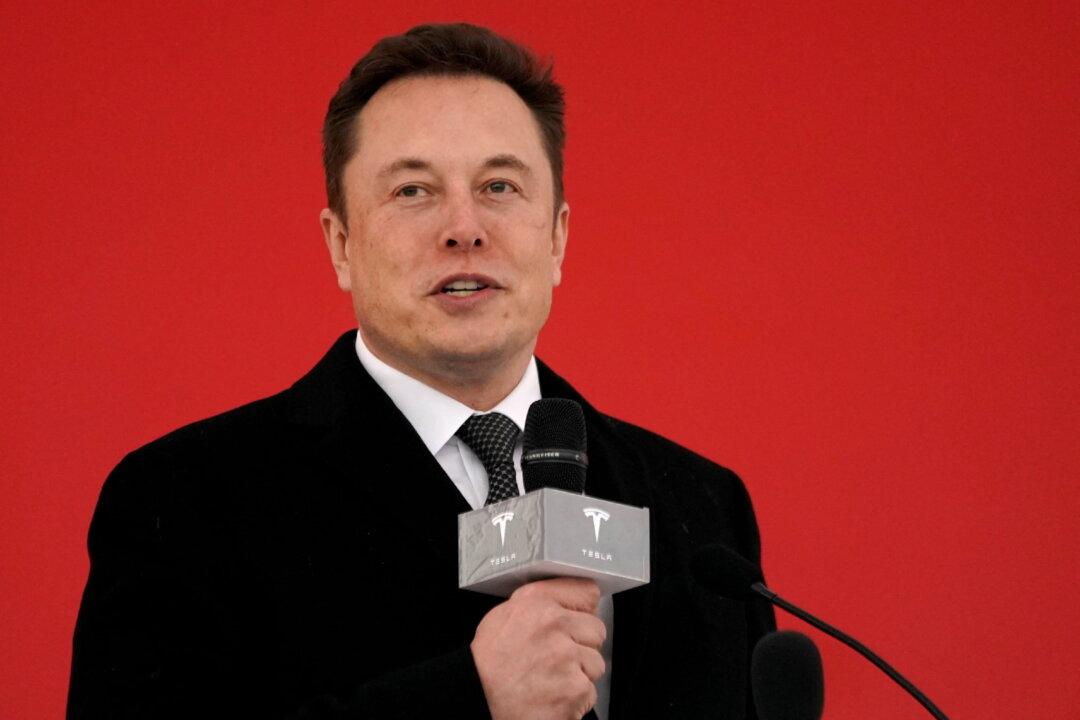Elon Musk, who is poised to purchase Twitter, responded to an article about House Democrats’ push to tighten rules over what people can post on Facebook, Twitter, and other social media websites.
The world’s richest person on Wednesday responded to a 2021 post from longtime journalist Glenn Greenwald about Congressional Democrats’ efforts in pressuring tech giants to—in his words—"censor more” after former President Donald Trump and other high-profile accounts were suspended last January.





